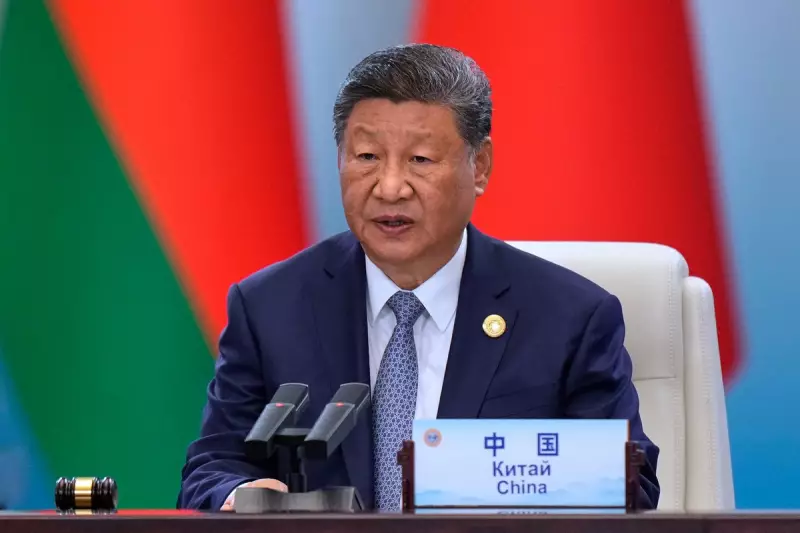
In a powerful display of strategic alignment, Chinese President Xi Jinping welcomed Russia's Vladimir Putin to Beijing on Thursday for a significant state visit. The meeting, held at the opulent Great Hall of the People, underscores the deepening 'no-limits' partnership between the two giants as they navigate intense pressure from Western nations.
The timing of this summit is highly symbolic. It marks Putin's first official trip abroad since he secured a fifth term in office, a victory widely criticised by Western powers. For Xi, the reception serves to solidify a key alliance at a time when China's own relationship with the United States is fraught with trade and technological tensions.
A Partnership Forged Against a Backdrop of Conflict
The shadow of the ongoing war in Ukraine loomed large over the proceedings. While China has positioned itself as a neutral party, it has provided a crucial economic and diplomatic lifeline to Moscow, mitigating the impact of severe international sanctions. This meeting signals a continued commitment to that support, despite explicit warnings from the US against aiding Russia's military efforts.
"China and Russia have found their path of cooperation that suits their respective national contexts, one which does not target any third party nor succumb to the influence of a third party," President Xi stated, framing the alliance as a stabilising force in global politics.
Beyond Politics: Strengthening Economic and Cultural Ties
The agenda extended far beyond geopolitical solidarity. The two leaders pledged to enhance cooperation across a broad spectrum, aiming to fortify their nations against external economic pressures. Key areas of focus included:
- Trade and Energy: Deepening multimillion-pound trade deals, particularly in oil and gas, to ensure energy security for China and a steady revenue stream for Russia.
- Infrastructure: Advancing joint projects to connect regional infrastructure, enhancing trade routes bypassing Western influence.
- Cultural Exchange: Launching a cross-cultural year to foster people-to-people ties, a soft power move to build long-term goodwill.
This meeting is more than a photo opportunity; it is a calculated demonstration that the US-led world order faces a formidable and organised counterweight. As NATO members bolster support for Ukraine, the solidified Beijing-Moscow axis presents a new and enduring challenge to Western diplomacy.





